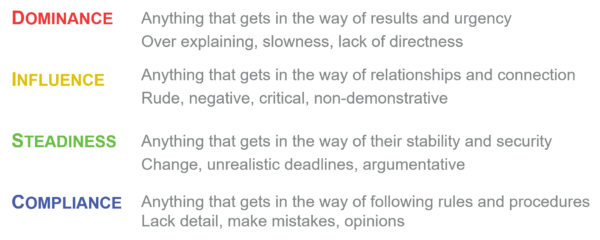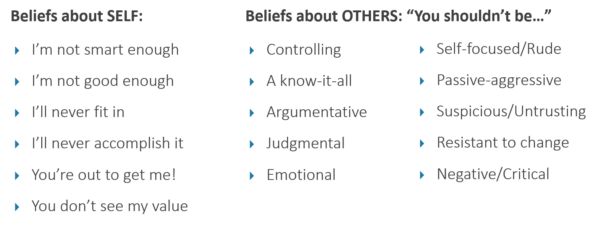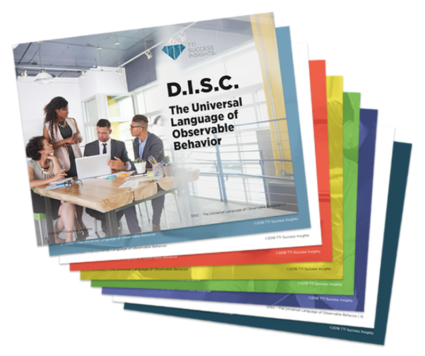In our last post, we delved into the importance of self-awareness as the foundation for increasing emotional intelligence (EQ). In today’s blog, we’ll explore how understanding your triggers and beliefs can further enhance your emotional intelligence in the workplace.
Understanding Self-Awareness
Self-awareness is crucial for understanding and regulating your behaviors, as well as shaping how others perceive and understand you. Highly self-aware individuals can recognize their emotions moment by moment, enabling them to manage disruptive emotions and reactions that could damage conversations, relationships, or results.
You can learn to see early warning signs of an emotionally-charged situation before it escalates to a point where you are acting from pure emotion vs. objectivity. You can do this by examining your triggers and beliefs.
What are Common Triggers?
Remember, we feel before we think. Emotions come first, but we can learn to manage them. Understanding your triggers and beliefs is key to managing your emotional responses.
Triggers in the context of the DISC methodology typically include:
Example (Steadiness/High S): A trigger might be when your boss or teammates make sudden changes to a shared project without consultation. Recognizing this trigger early can help you manage your emotions and respond constructively.
Identifying Beliefs That Trigger You
Our core values and beliefs can also trigger emotional responses. These can include:
Emotional responses can cause us to make snap judgments, driving our emotions and reactions. Learning to pause and reconsider our conclusions is essential for productive dialogue. We explore this Action-to-Reaction behavioral shift in depth in our Productive Conflict training program.
Developing Emotional Intelligence in the Workplace from Your Triggers
To enhance your emotional intelligence in the workplace, start by identifying your common triggers and associated negative emotions. To begin, you could reflect on the following:
- What situations or types of people are most likely to push your buttons?
- What physical symptoms do you typically have when these triggers are present?
- How does that impact your ability to respond productively?
By recognizing a specific trigger, you can pause, think, and choose a productive response. Enlisting a trusted colleague or friend to help you identify and practice positive responses can be very helpful.
By becoming proficient in self-awareness and self-regulation, you can dramatically improve your business and personal life. While EQ begins with focusing on yourself, it’s only half of the picture. Our next blog will address the social competence necessary to handle relationships productively and influence desirable responses in others.









